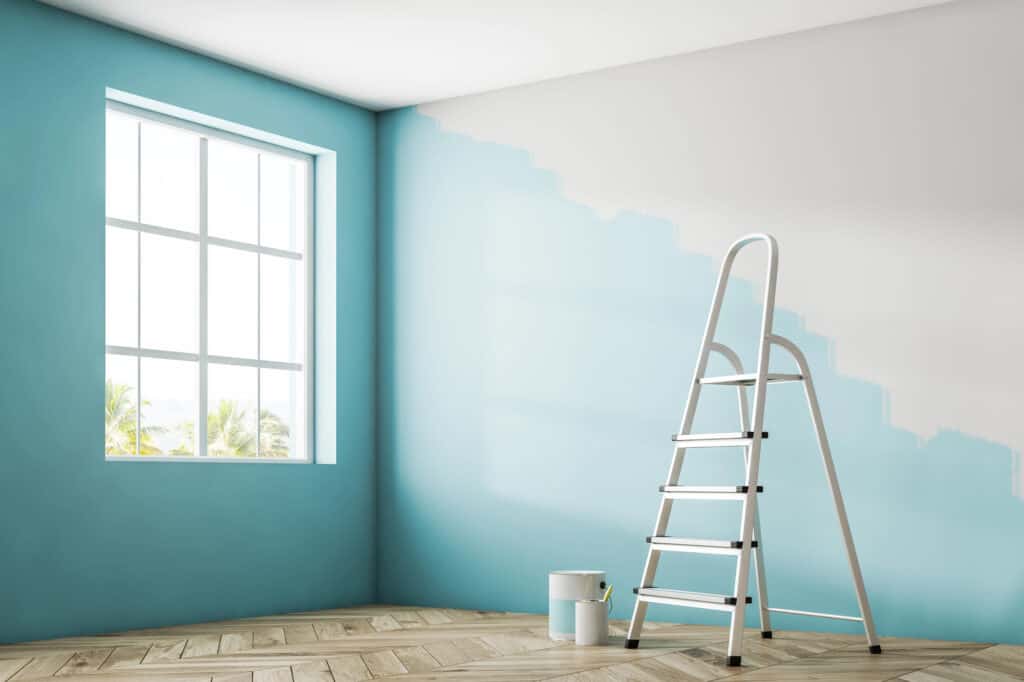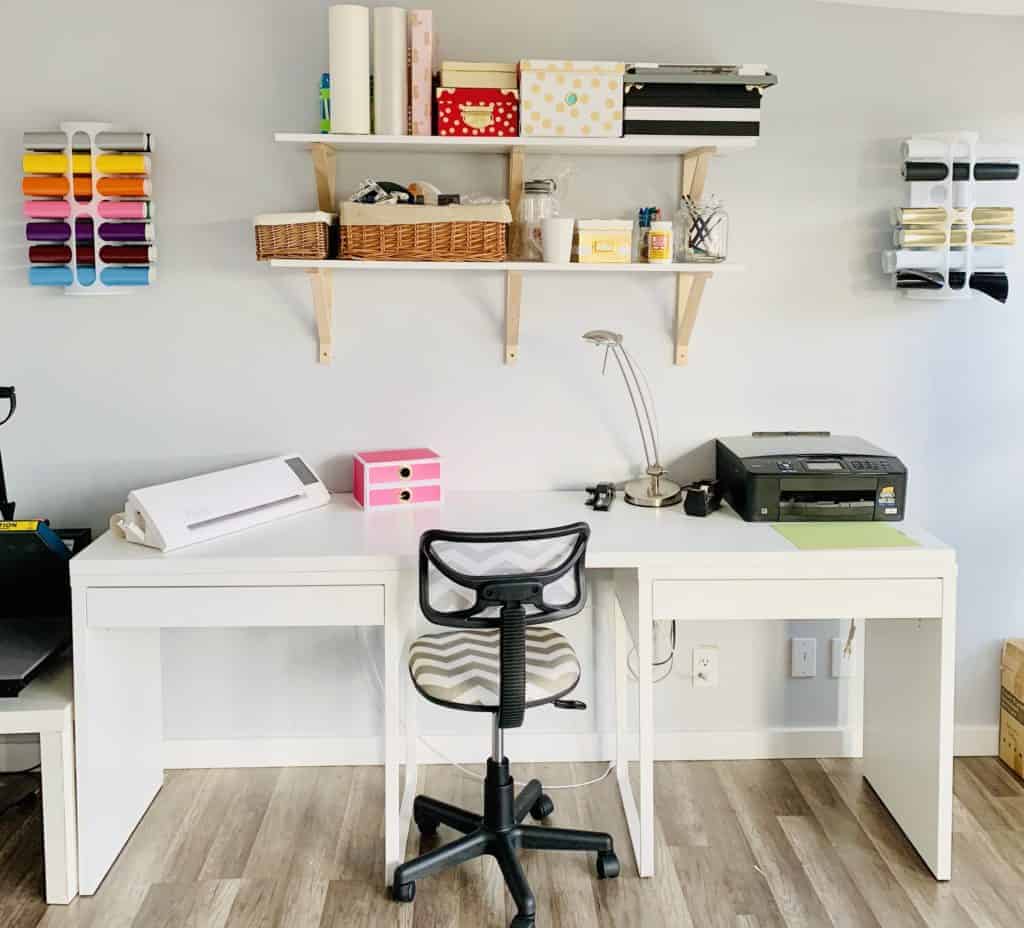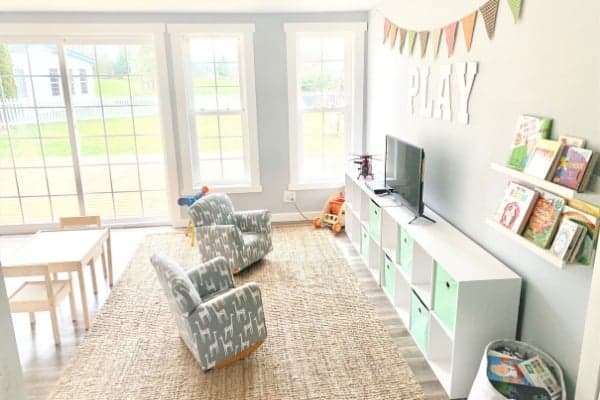Renovating your home is an exciting opportunity to refresh your space and make it more suited to your lifestyle. However, the process can also be overwhelming and stressful if not approached with the right preparation. Whether you live in a small town like Oxford, Alabama, or a bigger city, there are common steps that can help ensure a smoother renovation. From planning and budgeting to hiring the right professionals, each step matters.
By staying organized and focusing on the essentials, you can minimize the challenges that often arise during home renovation projects.
1. Plan Your Renovation in Detail
The key to a smooth home renovation starts with a clear and detailed plan. Before tearing down walls or ordering new appliances, take time to define your goals. What are you hoping to achieve with this renovation? Are you simply updating a room’s aesthetics, or do you need to enhance the functionality of your home? Once you have a clear vision, outline a comprehensive plan that includes your budget, timeline, and the materials or services you’ll need.
It’s essential to be realistic with your budget, keeping in mind that unexpected costs are almost inevitable in any renovation project. By setting aside a contingency fund of about ten to fifteen percent of your total budget, you’ll be better prepared to handle any unforeseen expenses without throwing off the entire project.
2. Declutter and Consider Storage Solutions
One of the first steps to prepare for a renovation is decluttering the space you’ll be working on. It’s essential to clear out furniture, personal belongings, and any items that could get in the way during the process. Decluttering not only allows contractors to move freely but also helps to protect your possessions from dust, debris, or accidental damage.
If you don’t have enough space to store your items at home, consider renting a storage unit. Oxford Alabama self storage facilities offer an excellent solution for keeping your belongings safe during your renovation. Storing your items off-site ensures that they won’t be damaged and gives you peace of mind as the renovation progresses. Plus, it keeps your space organized and free of unnecessary clutter, making it easier to manage the project.
3. Research and Hire Reliable Contractors
Choosing the right contractors can make or break your renovation experience. Hiring skilled and reliable professionals is crucial to getting the results you want without running into significant issues down the road. Begin by doing your homework—research potential contractors, read reviews, and ask for recommendations from friends, family, or neighbors who have recently completed renovations.
Once you’ve narrowed down your list, interview the candidates. Ask them about their experience with projects similar to yours, request references, and ensure they are licensed and insured. While it may be tempting to go with the cheapest option, remember that quality workmanship often comes at a price. Hiring experienced contractors may cost more upfront but can save you from expensive mistakes and delays later.
4. Stay Flexible with Your Timeline
Even the most well-planned renovations can run into unexpected delays. Whether it’s a delay in materials or an unforeseen issue with the existing structure, things can happen that throw off your timeline. While you should create a solid schedule for your renovation, it’s equally important to build in some flexibility.
Allow for buffer periods between major tasks to account for possible delays. This will help keep the project from feeling rushed or chaotic and give you some breathing room if things don’t go exactly as planned. A flexible timeline also allows contractors to do their best work without being pressured by unrealistic deadlines, which can lead to better overall results.
5. Focus on Functionality and Design
When planning a renovation, it’s easy to get caught up in the excitement of choosing colors, finishes, and decor. However, it’s essential to balance aesthetics with functionality. Consider how you and your family use the space on a day-to-day basis. For example, in the kitchen, it’s not just about having stylish countertops—it’s about creating a layout that works for cooking and family gatherings.
The same goes for other areas of your home. Think about storage solutions, traffic flow, and how the space will meet your needs now and in the future. Focusing on both form and function will help ensure that your renovation adds real value to your home, making it more comfortable and enjoyable for years to come.
6. Prioritize Energy Efficiency
One of the smartest ways to improve your home during a renovation is by focusing on energy efficiency. This not only reduces your environmental footprint but also lowers your utility bills over time. There are many ways to make your home more energy-efficient, from installing new windows to upgrading insulation and appliances. For example, replacing drafty windows with energy-efficient models can help regulate the indoor temperature, reducing the need for excessive heating or cooling.
Another area to consider is your lighting. Switching to LED bulbs or installing dimmer switches can cut down on energy use significantly. Similarly, energy-efficient appliances such as washers, dryers, and refrigerators can further contribute to long-term savings. By investing in these upgrades now, you’ll enjoy a more sustainable home that will save you money in the years to come.
7. Prepare for Disruptions
Renovations can disrupt your daily routine, especially if you’re renovating main areas like the bathroom or kitchen. It’s important to anticipate these disruptions and plan accordingly. For example, if your kitchen will be out of commission, set up a temporary space where you can prepare meals. If you’re working on multiple rooms, prioritize one room at a time so that you always have a livable area in the house.
Noise, dust, and debris are also common during renovations. Protect other areas of the home by sealing off construction zones with plastic sheeting or temporary barriers. It might be a good idea to schedule parts of the renovation for times when you’re able to spend a few days away from the house, such as staying with relatives or taking a short trip.
In conclusion, renovating your home doesn’t have to be a stressful experience. With the right approach, your renovation can be an exciting opportunity to enhance your home’s comfort, functionality, and value.





